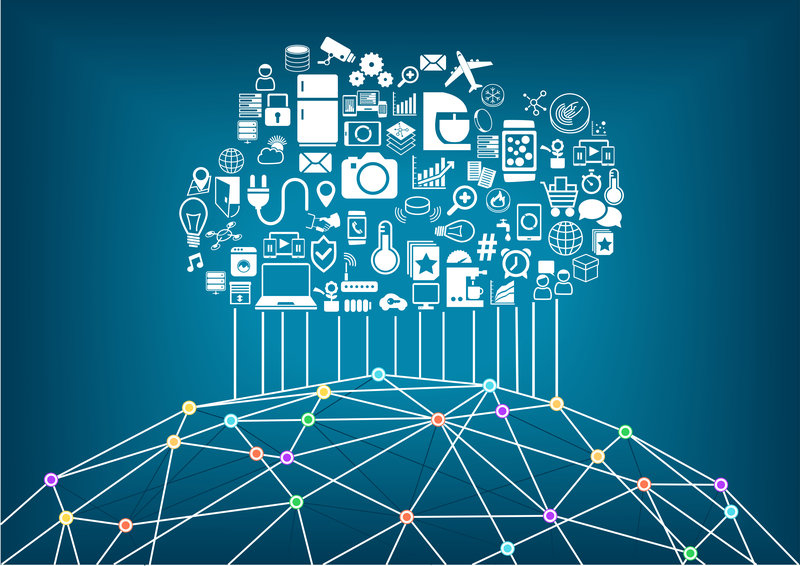
We’re used to software bugs by now. They’re annoying, then they're fixed and we move on. But what happens when the bug causes you to wake up to a cold house? That’s what The New York Times writer Nick Bilton wrote about recently after his Nest thermostat turned off in the middle of the night.
Matt Rogers, Nest’s co-founder, confirmed to NYT that the problem came from a software glitch that didn’t show itself until January. Look through Twitter and Nest’s support forum and you’ll find many complaints that support that statement.
The biggest problem with this glitch is that customers affected by it couldn’t fix it remotely via the app. They had to plug in a USB cable to charge it and then physically push the restart button (and charge it some more.) That’s a big deal if the homeowners were gone on a vacation or other extended trip. The glitch could have lead to problems such as pipes freezing over and bursting.
Bilton’s article points out that seemingly small glitches can turn into a bigger issue for smart devices. It’s a point that sometimes gets lost in the eagerness around making our homes and devices smarter.
Image Credit: Shutterstock
https://www.techspot.com/news/63482-nest-recent-software-bug-calls-problematic-side-internet.html